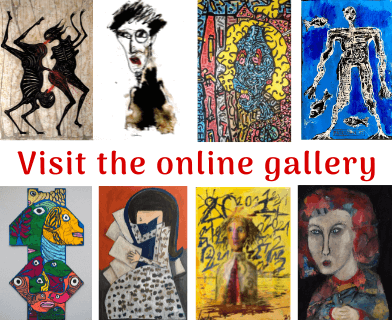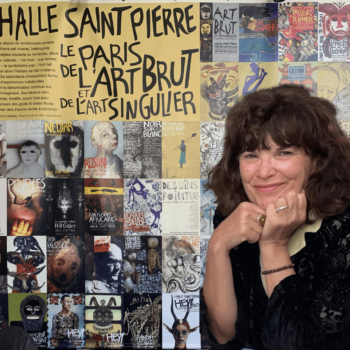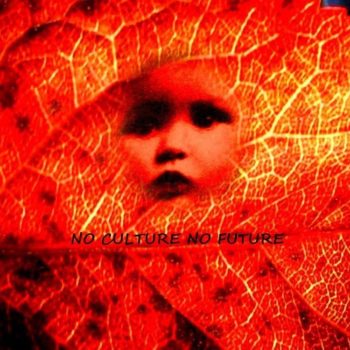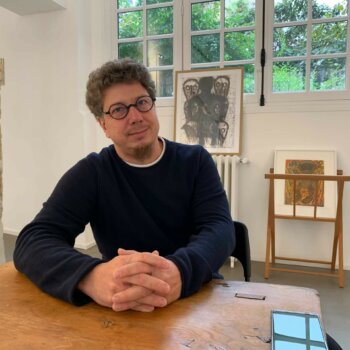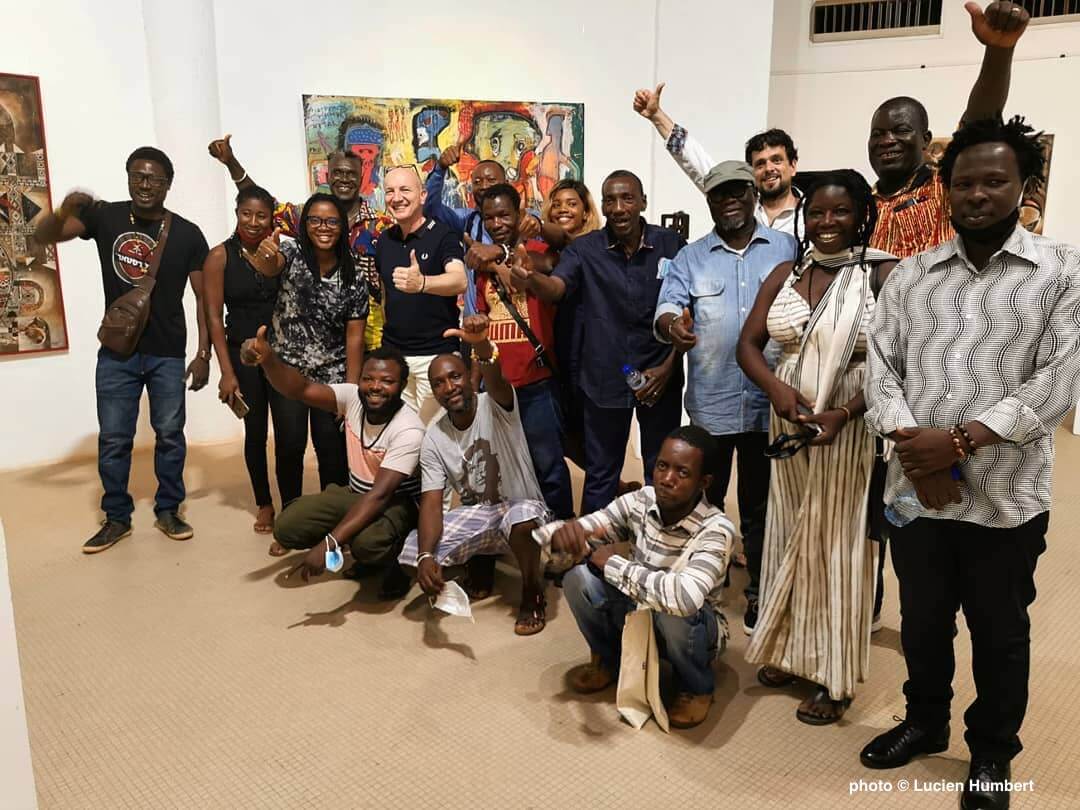
Interview with François Deneulin, gallerist
- Post published:5 January 2023
- Post category:Art activists
Is NFT Art the new Eldorado of the art market? François Deneulin thinks not !
Eclectic collector and gallery owner, François Deneulin supports artists from Burkina Faso through the Deneulin-Traoré agency he co-founded.
He describes himself as “a bear, both in love with humanity but often desperate for its jolts, who takes refuge in the contact of works of art to avoid despair.
We met him and exchanged with him about NFT Art. What he told us is fascinating !
François, you reacted critically to the Artistes Actuels article on NFT Art. Can you explain why ?
Is NFT Art a niche market ?
Let’s talk about this new eldorado of art! What is an NFT ? A digital file certified unique by a blockchain, therefore a virtuality, the term object not being applicable. To whom can this art be addressed ?
If you take a panorama of the collections and the interest of the collectors, there is a strong chance that in the medium term, it will be a niche market in the same way as video art.
Work of art: object with load and art of the experiment
From my point of view as a collector, an art object is a useless singular trace left by a humanity. What interests me is the adequacy between a presence transmitted by the physical object and an intellectual elaboration.
An art object is an object of charge. The video art or the choreographic art are built like an art of the experience, experience which can be renewed. In these cases, you do not possess the object in charge but only the experience.
Virtuality and ownership of art works
Can one possess a virtuality ? I doubt it, or at least I don’t feel it. Is there a lived experience in displaying a virtual image ? How does owning it change its display on a screen? It is the same virtuality without any difference except capitalist !
If I want to keep a singular trace of human history, simple ownership does not fulfill this function.
But the NFT makes it possible to certify a digital work of art. In a world where everything digital is infinitely duplicable, isn’t that important ?
Yes, the idea of this decentralized computer certification may seem good at first sight. On the condition that we close our eyes on the energy and ecological cost of this system…
At a time when we are starting to question the proliferation of server farms in direct contradiction with the ecological emergency, I am not sure that this is something I would like to support!
An art absolutely not ecological and with technical risks!
Not to mention the technical risks. Just look at what happened to Todd Kramer (New York gallerist Todd Kramer recently lost $2.2 million in NFT money as a result of a scam. EDITOR’S NOTE). Since this is a decentralized, non-state system, the question arises as to who and how to intervene in cases like this.
Not to mention the proliferation of Art NFT without having the copyright. Look at the creation of NFT around Picasso’s work!
Validation, flawless certification for this new art market?
There is also the question of the source of the NFT. We rely on an infallible certification system, but who validates the start of the NFT ? Who will verify that the base is sound when there are multiple layers of purchasers? How will the introduction of an artist’s work into the NFT after his death be handled ? Who will produce it, how, with what certification ?
How does one consider a fake NFT produced by the artist himself as Dali himself produced fakes of his work by signing blank sheets? With all these questions, what credit can we give to such a certification?
There remains the question of remuneration for digital artists. There are great digital artists who do something other than Pokemons. Before the NFTs, apart from printing on paper, they could not make a living. Since the NFT, they finally have a solution. What do you think about it ?
The remuneration of the artists, it is well there that the things are complicated. Whatever the medium, it’s a difficult subject.
I don’t think NFTs are going to change much except for this fantasy of speculation that this new Wild West is inducing.
If you like, it’s like the boom in the contemporary African art market – which is currently a little out of breath – where investors and dreamers are rushing in without much thought. So much the better for the African artists who make a living from it.
With the difficulty for digital art not to be “decorative” in the sense that it is not an object that can easily be put on the wall and the difficulty of not being “material”. Without counting that if the work of the digital artist does not have a strong singularity compared to the medium, if it is only production of image, why to be interested in a virtual numerical image whereas a painting / photo / materialized impression makes the same thing?
The remuneration of the artists, it is well there that the things are complicated. Whatever the medium, very often an artist gets enough income from his work because he was lucky enough, either to be born well, or to have met a well-born dealer.
Art is often sold by network and cooptation, rarely only on the quality of the work and the research. And it is necessary on the part of the artist, either a lot of abnegation to play the game, or to be himself convinced of the environment which supports him.
In the art world, we unfortunately meet few “amateurs” in the good sense of the term.
Personally, I prefer an approach like that of Antoine de Galbert (French patron of the arts, founder of the Maison Rouge exhibition space, closed in 2018) than that of François Pinault. One is an eclectic curiosity of humanity, the other a speculator and businessman.
But I would not hesitate to sell a work to either of them in order to pay an artist !
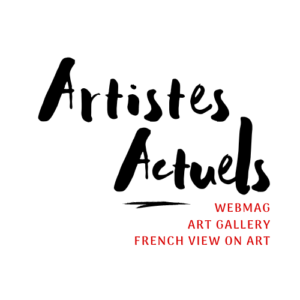
The editorial team
Pleasure and emotion of artistic discoveries

